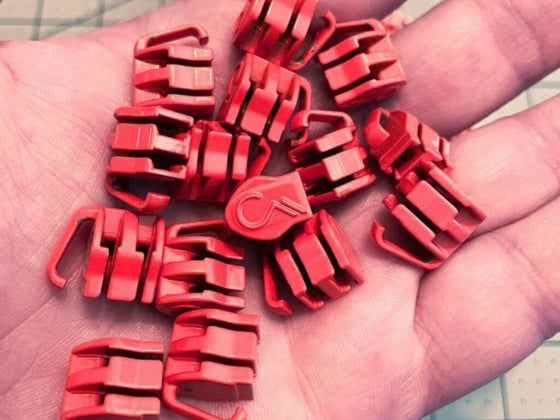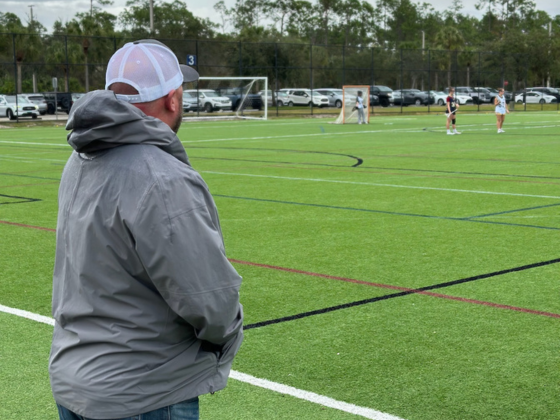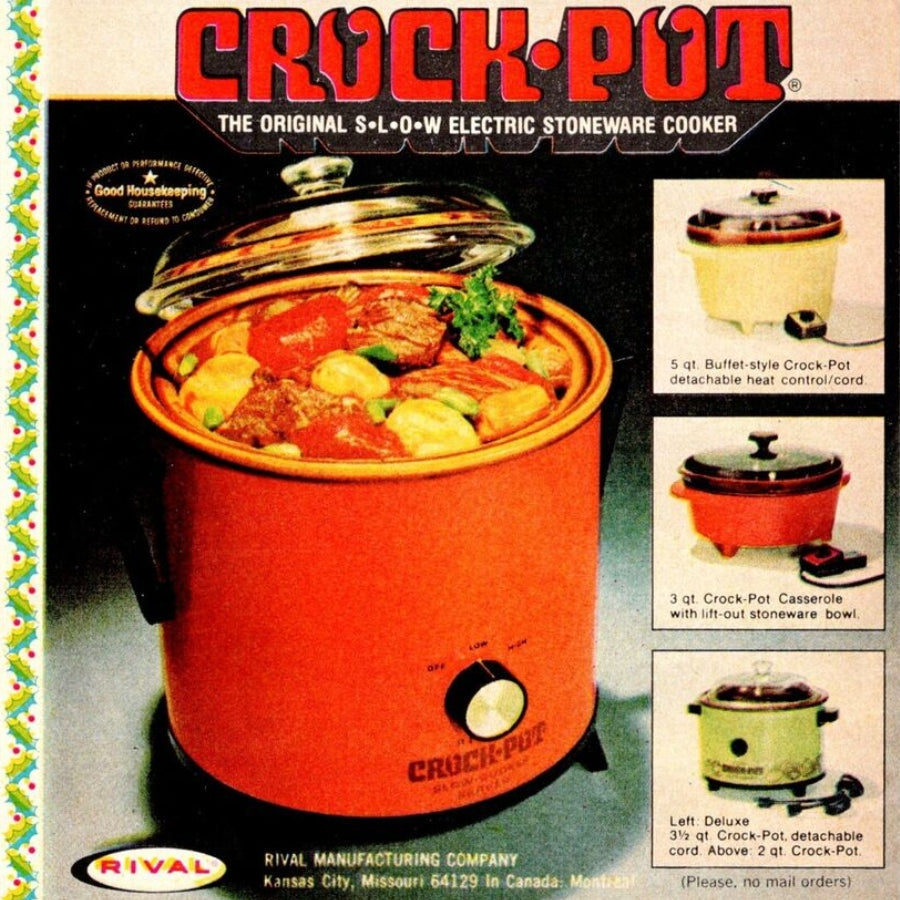If you have kids in youth sports, you’ve probably faced the ultimate dinner dilemma: Do we eat at 4PM before practice, or do we wait and have dinner at 9PM? Either way, it can feel like a lose-lose situation—eating early means risking hunger later, while a late dinner means pushing bedtime past a reasonable hour.
With practices, games, and travel schedules filling up weeknights, finding time for a proper meal can feel impossible. But with the right planning, families can still maintain healthy, balanced meals without resorting to drive-thru desperation.
So, what’s the best way to tackle this mealtime madness? Let’s break it down.
The Challenge: Youth Sports vs. Family Dinners
Youth sports schedules are often unpredictable and demanding. Between after-school practices, late-night games, and weekend tournaments, traditional dinner time doesn’t always fit. According to The Family Dinner Project, balancing sports and mealtime requires families to prioritize connection over perfection—meaning you don’t have to sit down for a picture-perfect 6PM dinner every night to make it count.
“Sports should not take away from the importance of family meals,” says Dr. Steve Durant, a sports psychologist. He emphasizes that youth athletics should focus on fun, fitness, and friendships—not just rigid routines. Families can adapt dinner schedules to work around practices rather than feel trapped by them.
But how? By choosing a strategy that works best for your family’s schedule and lifestyle.
Option 1: The Early Dinner (4PM)
An early dinner before practice can help ensure young athletes have enough energy to power through drills and workouts. The downside? They might get hungry again later in the evening.
Why It Works:
Provides energy before practice without the sluggishness of a heavy meal
Reduces the need for pre-game snacks that might not be nutritious
Helps avoid eating too late, which can disrupt sleep
How to Make It Work:
Serve a well-balanced, carb-heavy meal at 4PM—pasta, lean protein, and veggies
Offer a light snack before bedtime (Greek yogurt, a smoothie, or fruit with peanut butter)
Keep hydration in check—drinking water before and after practice is crucial
Best for families with earlier practice times who prefer to eat together before heading out.
Option 2: The Late Dinner (9PM)
Some families opt to hold off on dinner until after practice so that everyone can eat together. But this means kids are practicing on an empty stomach, which can affect performance.
Why It Works:
Allows the entire family to eat together at the same time
Avoids forcing a big meal before practice
Provides post-workout nutrition, helping young athletes refuel and recover
How to Make It Work:
Offer a small, balanced snack before practice (banana with peanut butter, protein bar, or a small sandwich)
Plan quick, ready-to-go meals that can be eaten right after getting home (slow cooker meals, pre-prepped grain bowls, or reheated leftovers)
Keep dinners lighter to avoid eating too much right before bed
Best for families with late practices or games who want to prioritize post-practice recovery meals.
Option 3: The Hybrid Approach (Smaller Pre-Practice Meal + Late Dinner)
For many families, a middle-ground approach works best—a lighter meal before practice combined with a small, recovery-focused meal afterward.
Why It Works:
Prevents hunger during practice while keeping digestion light
Provides a post-practice refuel without overloading the stomach
Keeps bedtime on track since eating isn’t delayed too late
How to Make It Work:
Serve a small, balanced pre-practice meal (chicken and rice, avocado toast, eggs with whole-grain toast)
Pack a portable snack for right after practice (protein shake, trail mix, or turkey roll-ups)
Keep dinner simple—leftovers, sandwiches, or easy-to-digest protein like grilled chicken or salmon
Best for families juggling multiple kids with different schedules who need flexibility.
Meal Planning Strategies for Busy Families
Regardless of when you eat, meal prep and planning can make or break your weeknight sanity. Here are a few ways to simplify dinner without sacrificing quality.
Meal prep in advance by cooking proteins in bulk—grilled chicken, ground turkey, or tofu can be used for multiple meals. Chop and portion fruits and veggies ahead of time for easy grab-and-go snacks. Prepare overnight oats, pre-made sandwiches, or protein-packed muffins for quick fuel.
Use a slow cooker or Instant Pot for busy nights. Set it and forget it with chili, soups, and stews so dinner is warm when you get home.
Pack portable meals like wraps, sandwiches, and grain bowls for on-the-go dinners. Use a thermos for soups or pasta to keep meals warm at the field.
Keep hydration in check. Young athletes need to replenish fluids, so make sure they drink plenty of water before, during, and after practice.
Final Thoughts: Finding What Works for Your Family
At the end of the day, there’s no one-size-fits-all approach to dinner around practice. Whether your family thrives on early meals, late-night dinners, or a hybrid approach, the key is finding a system that keeps everyone fueled, happy, and sane.
If you’re juggling multiple sports schedules, schoolwork, and family time, it’s okay to be flexible and adjust as needed. The goal isn’t to have a perfect meal every night—it’s to make sure your family is nourished and connected, even in the chaos.
Because whether dinner happens at 4PM or 9PM, - or - if it's Chick-fil-A on the way home after practice (go ahead and get that cookies-n-cream milkshake too!) what really matters is showing up for your kids and making the most of the time you have together.



















